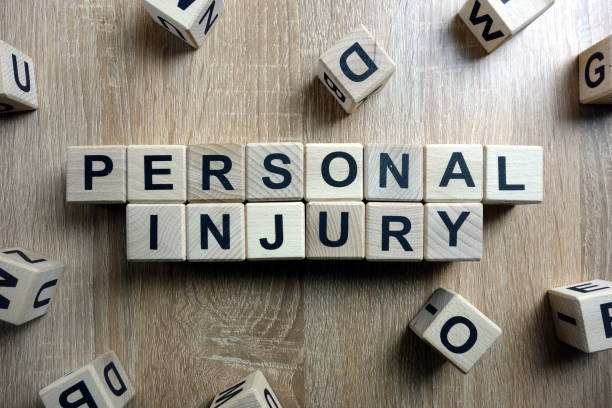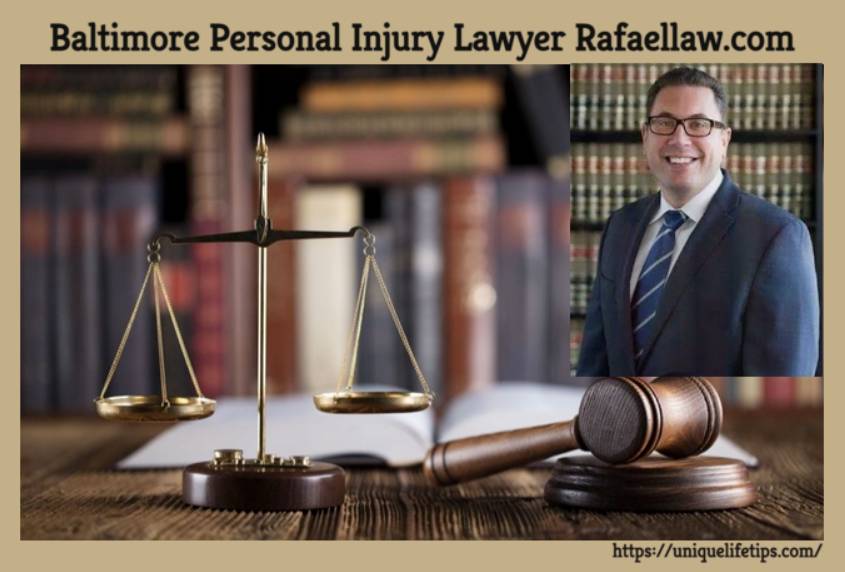Last updated on March 26th, 2024 at 03:24 am
If you’ve got a residential property that’s sitting unoccupied, then you might be tempted to monetise it by allowing tenants to move in. Renting out a property has a lot of financial benefits and provides the owner with a steady income stream that can be left untouched.
Before doing so, however, it’s worth taking stock of all of the legal responsibilities you’ll be assuming. These are mostly in place to ensure that tenants, and members of the general public, are protected. And most importantly, it keeps the landlord protected too.
Let’s run through a few of the noteworthy ones.
Table of Contents
The EPC Certificate
Before you can rent a property, it will need an Energy Performance Certificate that rates it at an E or better. There are a few exceptions to this rule – mostly for period properties. Check whether your property falls into this category. It’s handy to know that an EPC certificate lasts for 10 years, so this isn’t a job that needs to be done frequently.
Safety Checks
Your property will need to be safe for human habitation. This means that a smoke alarm should be installed on every floor, and that any appliance which burns solid fuel will need to be accompanied by a carbon monoxide detector. The electricity, gas and water supply will all need to be tested and approved by the appropriate specialist tradespeople.
Make sure that you’ve checked the credentials of your chosen contractor – you may be held legally accountable if they’re found wanting. Any safety issues that arise during the stay of a renter falls on the landlord’s shoulder to check and rectify.
Right to rent
Before you allow tenants to move in, you’re obliged to check whether they have the legal right to rent property in the UK. If you don’t, then you could be faced with an unlimited fine and a five-year prison sentence. To ensure you pick reliable renters, you can request references if they have previously rented a property and also consider a guarantor.
Deposit protection
When your tenants move in, you’ll want to ask them for a deposit. This will cover you against damage to the property, and problems with rent payment. It should be refundable at the end of the tenancy. This money is legally required to be stored in escrow.
Use a government-approved scheme. It can be either free (or ‘custodial’), or it can be insured (which might involve you hanging on to the money, and having the money guaranteed by a third party).
Information for tenants
You’ll need to provide your tenants with certain key pieces of information within thirty days of your receiving the deposit. This will include the address of the property, and how you’ve secured the deposit. If you want to be a good landlord, then you’ll want to be as clear as possible here.
This will help you avoid confusion and stress if there’s a dispute later on. Providing a detail contract is also beneficial for both tenant and landlord. This way, the tenant knows their responsibilities and when they need to contact the landlord.
Where do letting agencies fit in?
A letting agent is a specialist organisation that will help to manage the property and see to it that all of the responsibilities we’ve mentioned have been fulfilled. The precise remit of the agent can vary, so it’s worth checking what’s covered as part of your research.
Working with a letting agent can provide a peace of mind that justifies the fee they charge. They’ll also help to protect you against specific kinds of risk that come about because of your lack of industry knowledge. If you’d prefer to make an income from your property without learning a whole new profession, then this might be an appealing option.
Letting agencies find you the tenants, check their right to rent, provide contracts and information to the tenants, and are usually the first point of contact if any issues do arise. As with all things, doing plenty of research beforehand is beneficial. Being a landlord of multiple properties is a job within itself, so seek help and advice from professionals if and when you need it.
Related Articles:







